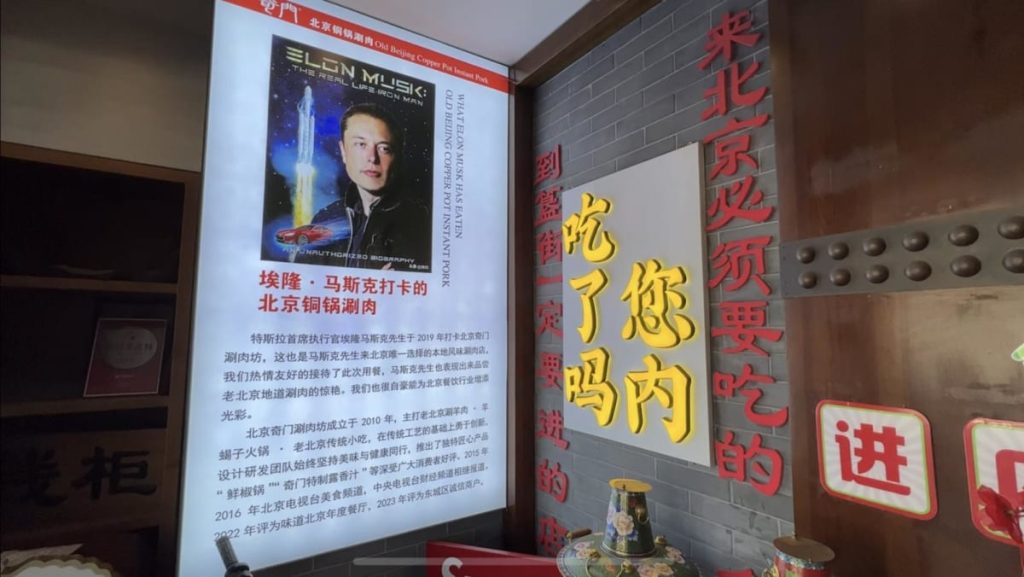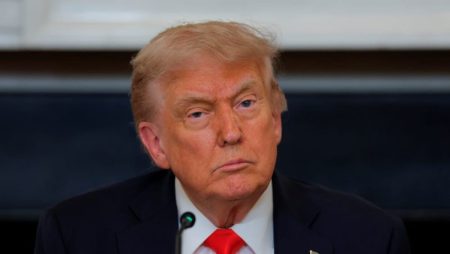Elon Musk’s acquisition of Twitter has ignited speculation about its potential impact on US-China relations, particularly given his extensive business interests in China. Some observers believe his leadership could foster a more amicable relationship between the two nations, citing his potential friendliness toward China and significant investments there. While this perspective has gained traction on social media, the complexities of the US-China relationship suggest that any single individual’s influence, even someone as powerful as Musk, is likely to be limited.
The existing bipartisan consensus on US-China policy, characterized by a competitive approach, presents a significant challenge to any substantial shift in direction. The two countries are locked in a strategic competition encompassing economic, technological, and geopolitical dimensions, with deep-seated structural issues fueling the rivalry. Recent political developments, such as the debate over regulating US investments in China, further highlight the entrenched nature of this competition. These factors suggest that Musk’s influence, while potentially significant in specific areas, is unlikely to single-handedly reshape the broader bilateral relationship.
Musk’s potential role as a bridge or intermediary between the US and China, particularly in the technology and science sectors, is a more plausible scenario. His leadership of companies like Tesla and SpaceX, with their cutting-edge technologies and global reach, positions him uniquely to facilitate collaboration and dialogue. This potential role, however, is likely to be confined to specific areas of mutual interest, such as electric vehicles, space exploration, or artificial intelligence, rather than affecting the overall strategic dynamics between the two nations. Moreover, even in these specific sectors, the prevailing political climate and deep-seated mistrust between the two countries could limit the extent of cooperation.
The deep-seated nature of US-China challenges is rooted in several factors. Economically, the two countries are intertwined yet also fiercely competitive, vying for global market share and technological dominance. Trade imbalances, intellectual property disputes, and accusations of unfair trade practices have fueled tensions. Geopolitically, differing ideologies, strategic interests in the Asia-Pacific region, and concerns over human rights and Taiwan have further strained the relationship. These structural issues transcend individual personalities and are unlikely to be resolved by any single individual’s efforts.
Despite the limitations imposed by the broader geopolitical context, Musk’s influence could still manifest in specific areas. For instance, he could facilitate greater technological exchange between US and Chinese companies, potentially leading to joint ventures or research collaborations. He could also advocate for policies that promote scientific cooperation, such as easing visa restrictions for researchers or streamlining regulatory processes. However, these initiatives would likely be subject to intense scrutiny and potential opposition from both US and Chinese government officials wary of ceding any strategic advantage.
Furthermore, Musk’s own business interests in China could complicate his role as a potential intermediary. His reliance on the Chinese market for Tesla’s growth, for example, might create perceptions of bias and limit his ability to act as a neutral broker. Similarly, any perceived favoritism towards China could draw criticism from US policymakers and damage his credibility at home. Navigating these competing interests and maintaining a balanced approach will be crucial for Musk if he is to play a constructive role in US-China relations. Ultimately, while Musk’s influence is undeniable, the structural complexities of the US-China relationship suggest that any significant shift in the bilateral dynamic will require a broader concerted effort from both governments, encompassing economic, political, and diplomatic initiatives.










